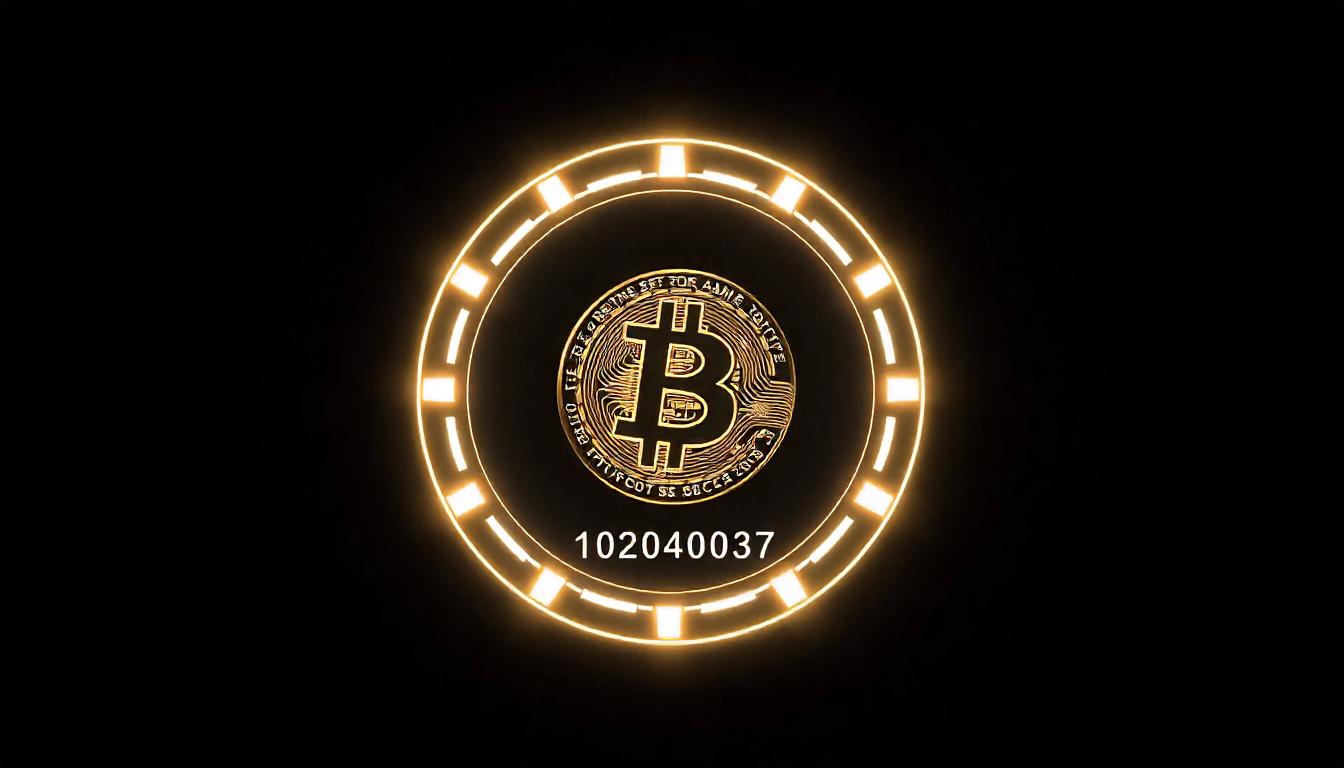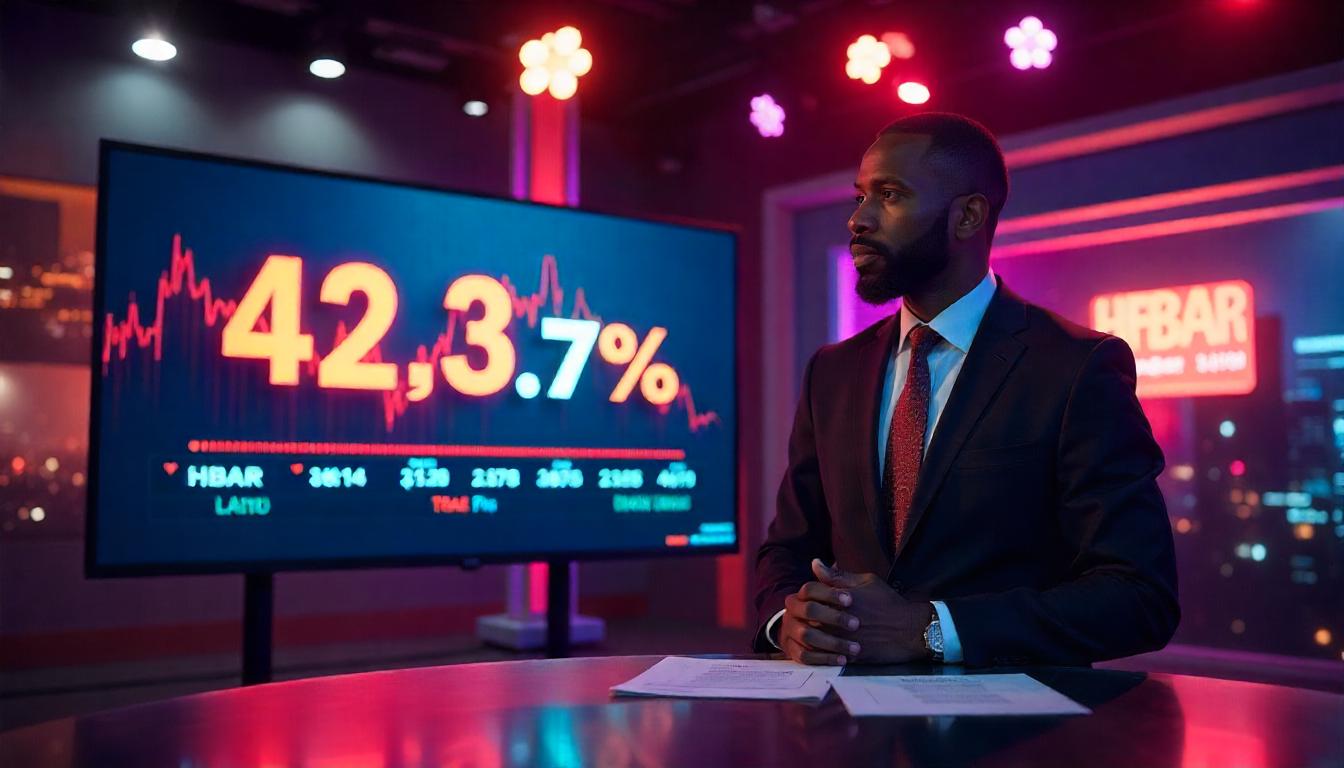
The U.S. government’s bitcoin holdings have grown to over 208,000 BTC, valued at more than $19 billion, but whether it will formalize a bitcoin reserve remains uncertain. The ambiguity lies in how “reserve” is defined.
The U.S. could simply stop selling the bitcoin it already owns, as former President Donald Trump suggested during his Nashville speech. Alternatively, the government could pursue a more active approach by purchasing additional bitcoin, which is supported by proponents like Senator Cynthia Lummis and Robert F. Kennedy, who advocate for the U.S. to build a substantial bitcoin position.
Currently, the U.S. holds 208,109 bitcoin, mostly seized in connection with criminal investigations. In the past, the government has sold off these assets through auctions, but Trump announced that under his future administration, the U.S. would hold onto all bitcoin, both existing and acquired.
Although the policy seems straightforward, its implementation is more complicated. Coordinating between various federal agencies, including the Department of Justice, U.S. Marshals, and U.S. Treasury, would be required to set up a proper system for managing the bitcoin.
“We don’t have anything formal in place,” noted Perianne Boring, founder of The Digital Chamber, a crypto advocacy group. “This is all based on a speech, not written policy. Could bitcoin be transferred between agencies? I’m not sure.”
Boring also pointed out that transferring bitcoin from one department to another might require congressional approval. However, she added that it’s unclear what the president can do with executive authority.
Moish Peltz, a partner at Falcon, Rappaport, and Berkman, stated that different rules might apply depending on the department and how the bitcoin was originally seized. Some seized bitcoin might need congressional approval, but not all of it, he suggested.
The process of establishing a bitcoin reserve could unfold gradually, especially as the government continues to gain experience in managing its bitcoin assets. Peltz added that the government’s existing experience with seized bitcoin shows it could easily build a reserve. “As the regulatory landscape becomes clearer, and legislation is passed, the government could develop a comprehensive strategy around digital assets,” he said.
While holding seized bitcoin is one route, Senator Lummis has proposed a more aggressive approach in a bill that would sell part of the nation’s gold reserves to buy 1 million bitcoin. At current prices, this would require at least $90 billion, but the government would likely need to move quickly to acquire this much bitcoin.
Peltz acknowledged that an executive order could trigger the process, but securing such a significant financial commitment would typically need an act of Congress to allocate funds and establish a legal framework.
Boring expressed optimism about the bill’s chances of passing, especially with Republicans about to take control of the House and the White House. “It’s possible,” she said, though she noted it could take more than 100 days to move the bill through Congress.
However, Nic Carter of Castle Island Ventures was less optimistic. After discussions with members of Congress and the Federal Reserve, he noted that the current legislative focus seems to be on stablecoin regulation and addressing concerns like Operation Choke Point 2.0. “The strategic reserve didn’t come up in any of the conversations I had,” he posted on X.
Could the U.S. government sidestep Congress to purchase bitcoin? Zack Shapiro of the Bitcoin Policy Institute suggested that the Treasury might use the Exchange Stabilization Fund (ESF) to buy bitcoin through debt instruments denominated in bitcoin. This method would avoid direct market purchases by allowing the Treasury to acquire bitcoin as debt is repaid, potentially sidestepping market volatility and legal hurdles.
Polymarket traders currently place a 30% probability on the U.S. government holding bitcoin reserves between January and April 2025.





